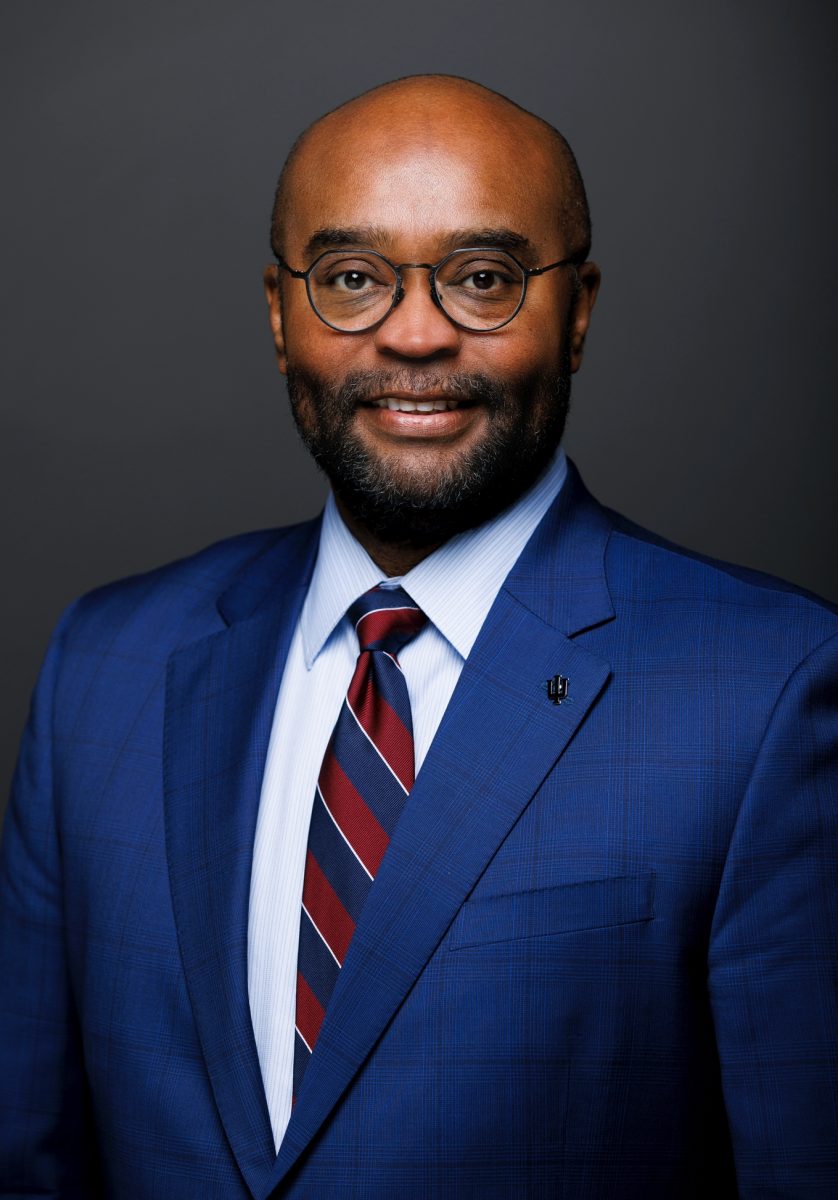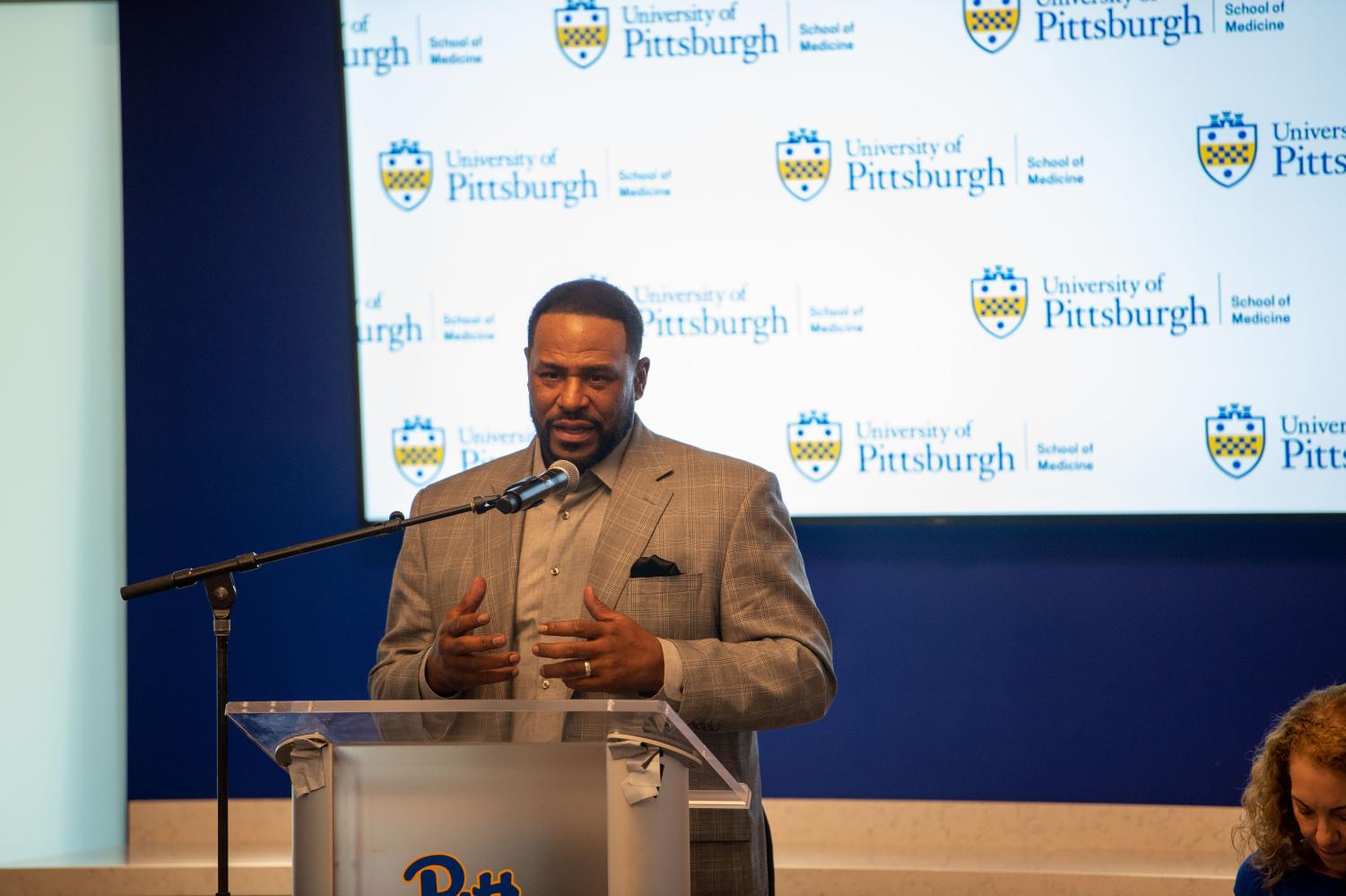Pitt’s new Chief Financial Officer Dwayne Pinkney works meticulously to maintain a budget for the university. In a Q&A, Pinkney said the aspect he finds most attractive about working in higher education is the enthusiasm he sees on campus.
“What excites me is to know I’m in an institution that really cares about the core work of the institution. That’s what I’m motivated to do,” Pinkney said. “The role I’m in, it’s an enabling role. I know the work that we do is not about us. We are not the stars, the students and faculty make all the special things happen in a university, and we get to support that.”
While serving as CFO, Pinkney said one of his main responsibilities is overseeing financial planning and analysis, also known as FPA.
“We make sure that we are reviewing the appropriate data to make informed financial decisions so that we can be the best financial stewards for the University,” Pinkney said.
Pinkney also highlighted that part of the job is making sure Pitt is making the best decisions possible when investing their money.
“We make sure we use the best mechanisms so there’s a good return that protects the University assets long term – in another way, gives us the most bang for our buck,” Pinkney said.
Pinkney is also responsible for resource allocation and management, which decides where money for University resources are directed. When deciding on resource allocation, about 65% of Pitt’s costs are associated with compensation, according to Pinkney.
“We are in the people’s business and research business,” Pinkney said. “It is making sure that we have the finest faculty to recruit to Pitt to support our students’ effort and success, so that is primarily where our financial costs or investments are made on that side of the equation. Now, we also have to buy things. We buy computers, and we buy services, and there are a number of things we have to procure to make the human resource investment.”
When deciding costs for student tuition, Pinkney said that although he is only six weeks into his role, the process involves multiple stakeholders, who are the people interested in the success of Pitt.
“[It] is premised on the needs that are identified in a number of ways, whether our schools need to recruit faculty, start new programs, and engage in activities,” Pinkney said. “We look at all the resources we have to support those programs and after that, look at the opportunities we have to reallocate.”
When there’s money needed after that work, tuition proposals can happen, which is a meeting among Pitt’s leadership to discuss a rise or decrease in tuition prices.
“Typically, tuition is the last alternative and not the first. Institutions work very hard, and I know it’s true here at Pitt, to always solve our resource problems and use tuition as the last resort,” Pinkney said.
The chance to work alongside Chancellor Gabel was another thing that drew Pinkey to Pitt.
“She has a very collegiate and collaborative culture that she is affirming here at Pitt,” Pinkney said. “For me, she’s a strong, capable and decisive leader. Those are all characteristics that individuals and roles like mine look for when you’re thinking about an opportunity.”
Pinkney highlighted that, at this point in his career, it’s important to be in a place that has a significant impact.
“What’s really important for me is to be in a place like this, where it’s clear that the institution has a significant impact, not just in Pittsburgh, not just in the Commonwealth of Pennsylvania, but throughout the nation and in fact, globally. To be able to have an impact in a place that has that kind of impact is pretty special,” Pinkney said.



